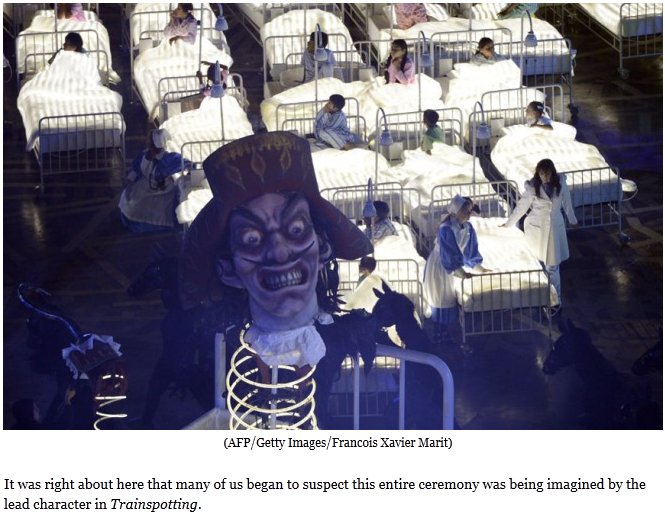Cam Cole explains why Christine Sinclair deserves all the accolades that are being awarded:
So what was it about Sinclair that allowed her to win the Lou Marsh on Monday, having led the Canadian women’s soccer team to a mere bronze medal?
Well, one thing the 29-year-old striker from Burnaby did — has done for years, but did most profoundly at the London Olympics — was lead a women’s sport to a place, in her country, above the men’s equivalent.
It’s no coincidence that she is the first soccer player in the 76-year history of the award to win the Lou Marsh.
[. . .]
Fortunately, in Canada, our standards are not so narrow. We don’t consider it much of a negative for a captain of our national squad — who is superior in every other way, who is unselfish and rises to the occasion and doesn’t roll around on the turf as if felled by sniper fire every time she is touched by an opponent — to express our national rage when her team, our team, has just been jobbed.
Overwhelmingly, Canadians were glad Sinclair went off on the referee, with the able assistance of her even more combustible teammate, Melissa Tancredi.
Overwhelmingly, after an incident that in normal circumstances might have been a national embarrassment, the country rallied around Sinclair, and her fellow Olympians chose her to carry Canada’s flag in the closing ceremony.
After a bronze medal? Yup.






